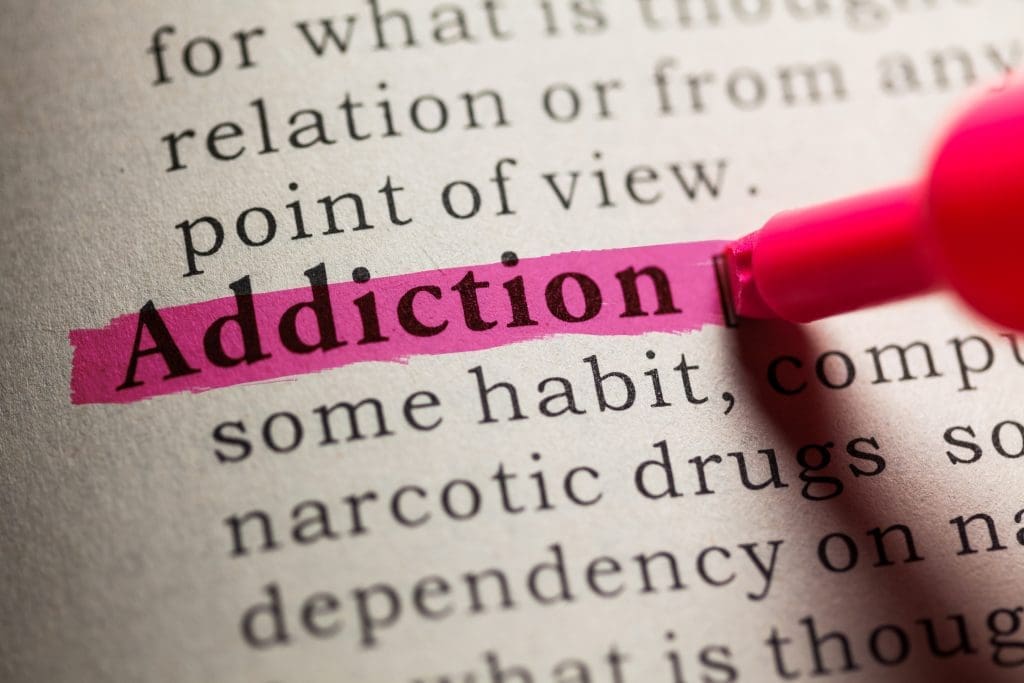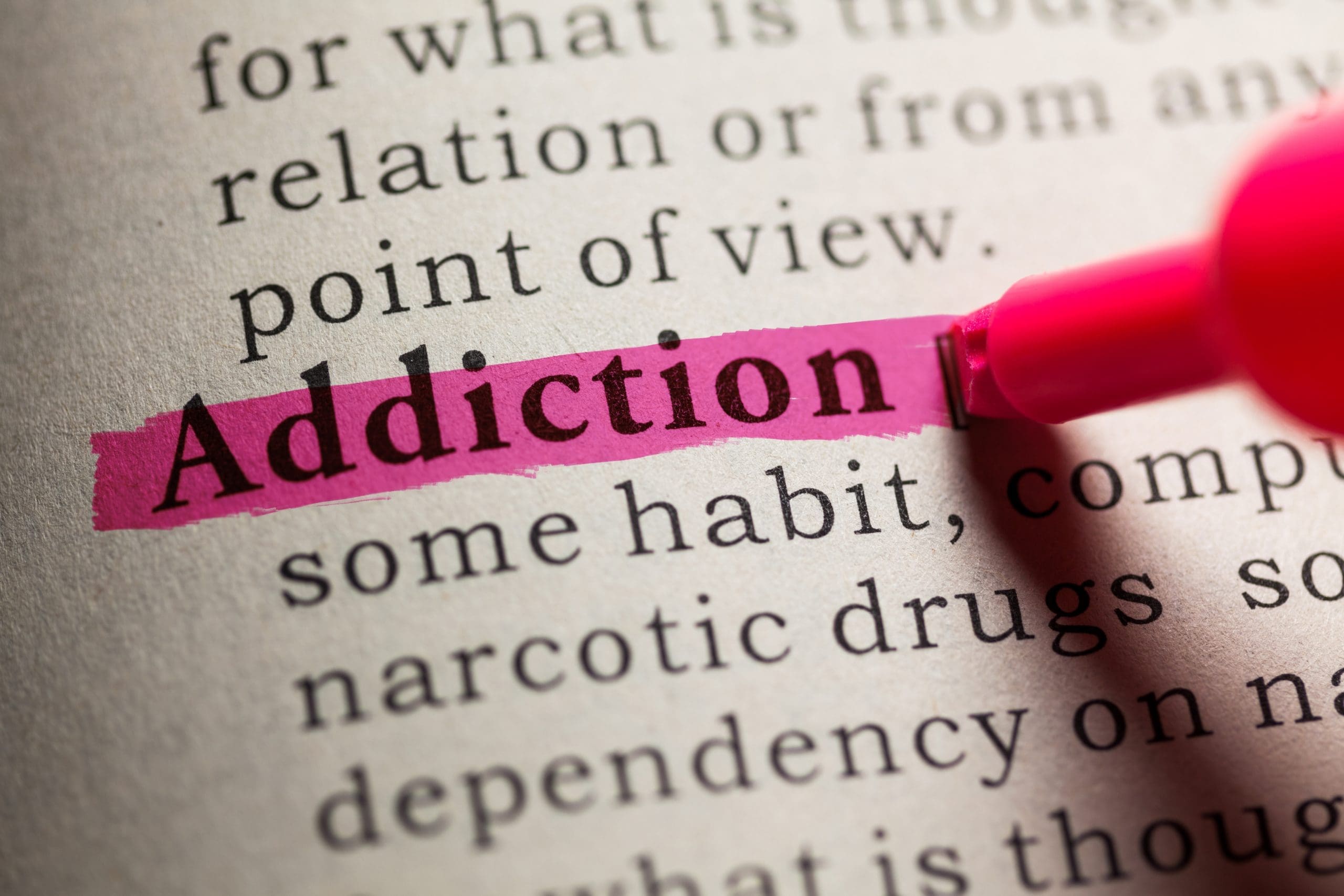What’s included?
No one thing causes addiction, rather it is a complicated mix of factors that combine to drag a person in.
In fact, there is evidence that the following can all contribute to a person becoming addicted:
- Genetics
- Environment
- Social groups
- Personal trauma
- Circumstance
- Physical factors.
However, there is not a specific gene that leads to addiction. There is not a specific trauma or experience that someone will go through that will automatically cause addiction. Growing up with an addict will not automatically mean you become one. Equally, not having ever been around someone with addiction does not mean you will not be susceptible to it.
Addiction is complex and it is not anyone’s fault.
What causes addiction for one person will be subtly different from what causes it for someone else.
Common causes of addiction
There is some commonality between the experiences of many people who suffer addiction – and it is in through understanding those common themes that we are able to develop effective treatments.
While some medications can be an important tool in managing withdrawal symptoms and dampening desire to participate in addictive behaviour, it is unlikely a pill will ever be formed to entirely treat and repair addiction because it is not an entirely physical thing.

That is true even in cases of addiction that have some of the strongest physical elements, such as addiction to heroin and opiates.
The Department of Health ‘Orange Book’ bible of guidance for clinicians treating people with drug problems acknowledges treatment should always involve a psychosocial (psychological and social) element.
The necessity for a combined approach to treatment is equally true of gambling, alcohol, work or sex addiction, where the physical alterations caused by the substance and physical impacts of withdrawal or behaviour are of differing intensity, but all play a part along with the social and psychological factors.
Things that lead to addiction
Evidence shows that many people who suffer with addiction have similar issues in common.
These can include:
- Past trauma and underlying mental health needs
- Social and environmental factors
- Predisposition
- Physical reliance
Past trauma and underlying mental health needs
Addiction is very often a way of self medicating to deal with emotional or physical pain or an inability to face or cope with life, certain situations or past traumas.
This can include everything from depression to chronic pain, childhood neglect, work pressure or full blown post traumatic stress disorder.
The UK Department of Health acknowledged the high rates of people in drug and alcohol treatment who have a history of trauma in its ‘Orange Book’ of drug treatment guidance.
It said: “Services need to recognise these patients and ensure suitable sensitivity and competencies to address their consequent needs, with a treatment environment that promotes healing and prevents inadvertent re-traumatisation through working practices.”
Social and environmental factors
Wider social and environmental factors also play a role in the development and continuation of addiction.
Growing up, living in or working in an environment of increased exposure to alcohol and drugs can increase the risk of addiction.
A study by the National Association for Children of Alcoholics, for example, said children raised by alcoholic parents were more than three times as likely to develop alcoholism.
A Public Health England review into the burden of alcohol noted a correlation between high stress work and long hours with excessive alcohol consumption. It’s part of the reason forward thinking employers are now alert to their role in helping staff overcome addiction.

Call us confidentially at any time to speak to a member of our team.
Call us now: 0330 111 2015
Predisposition
More evidence is needed to clarify if genetics really do predispose some people to addiction – but there are indications it could be the case.
The study ‘sex difference in the genetic risk of alcoholism’ noted: “Twin studies have consistently supported the role of genetic risk factors in the heritability of alcoholism in men and shared environmental factors also play a role in the familiarity of alcoholism among women.
“In addition, sex differences exist in the patterns of transmission of alcoholism between family members.”
The ‘nature v nurture’ debate is as prevalent in addiction as it is in all characteristics, talents and behaviours.
That said, addiction treatment became vastly more effective when the notion of seeing addiction as a disease was adopted. This helped to remove blame, which has been helpful to encouraging recovery.
People don’t choose to become addicted. For most, the damage addiction causes is most obvious in the damage it does to the addicted person’s health, lifestyle, finances, happiness and relationships. In very few cases are people choosing to continue that misery. They don’t know how to stop and they need help and support.
Physical reliance
Physical reliance is a factor in addiction taking hold and tightening its grip.
This may be most obvious in addiction to substances that cause notable physical changes, such as alcohol and opiates, which also lead to clear physical withdrawal symptoms like sweating, the shakes and abdominal pain when use is stopped without support.
However, even a behavioural addiction such as gambling is addictive in part due to the physical outcomes it leads to. As acknowledged by the NHS, gambling, for example, can cause a mental high and strong urge to recreate it.
For those who have never experienced addiction, considering how difficult it is to resist certain foods is a small way of beginning to empathise with the physical draw people can feel towards a certain behaviour (even though food doesn’t have the same brain altering addictive qualities of heroin or crack cocaine).
Best treatment for addiction
Effective addiction treatment approaches come from a place of understanding – if you appreciate the causes of addiction are likely to be multi-dimensional then you should accept that the treatment needs to be too.
Addiction is something that can grow out of physical, psychological and emotional struggles.

Every person’s addiction will have different causes and, as well as including an effective detox where required for physical issues, treatment needs to be just as flexible to ensure it unravels the underpinning issues that lead to addiction as well as the physical impacts of it.
The best treatment considers psychological aspects, behavioural issues, thinking strategies, environmental and relationship influences. It flexes to explore those areas in a way that works for each individual – avoiding triggering their specific trauma and appealing to their practical and emotional preferences.

Call us confidentially at any time to speak to a member of our team.
Call us now: 0330 111 2015








